A joint programme being undertaken with patient, care and consumer members from:
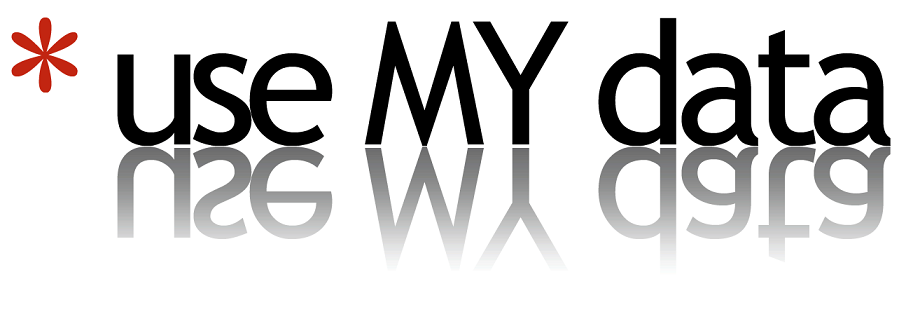
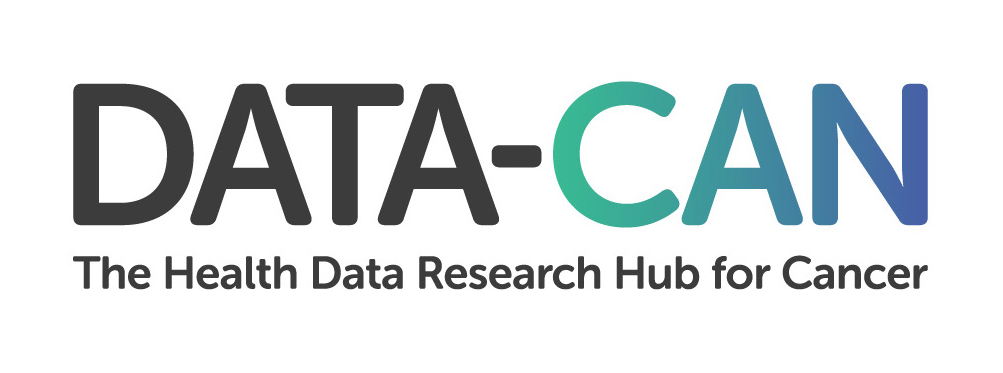

A joint programme being undertaken with patient, care and consumer members from:



Patient data "drop-in" sessions - recordings page
This temporary page is currently intended for project team members only
Background
This page holds recordings made of regular drop-in sessions with organised by the DATA-CAN PPIE Team with patients, relatives and carers from the DATA-CAN PPIE team, use MY data Advisory Group, members of the NCRI Consumers Forum and more recently, members from VICORI, BREATHE and others.
This "drop-in" programme was a suggested outcome from an initial workshop was organised and summarised by the NCRI (which is available as a separate document) and was initially drafted by the DATA-CAN PPIE group following discussions, surveys and a virtual workshop.
On behalf of the organisations who attended the initial workshop, DATA-CAN have run a programme of drop-in sessions for patients and the public who wish to learn more about health data and its uses for analytics and research. The sessions try to run every second Friday, for an hour. The normal format is to have a 20 minute presentation on a specfic topic, followed by discussions with Q&A.
The programme covers a breadth of data topics. The initial focus for the programme is cancer data, however much of the content is relevant to other disease-specific areas.
Some videos have been edited down, but in most cases we have made these recordings available as they are. Our target audience are patients, carers, relatives or citizens with an interest in patient data.
Any comments,requests or suggestions can be fed back here.
From consultation to dataset (part 1)
DETAILS
Talking through the process of how your data gets created, where it is held and what it looks like. The video was taken during a meeting of the DATA-CAN PPIE Group, to test the contents.
STATUS
Project team members are asked to review the content of the video (duration 18:42), and make suggestions where the slides could be improved. Once comments have been received, we can adjust the slides, record the video again, and publish.
From consultation to dataset (part 2)
DETAILS
Where does your cancer data go once it has been collected as part of your care. The video was taken during a meeting of the DATA-CAN PPIE Group, to test the contents.
STATUS
Project team members are asked to review the content of the video (duration 26:26), and make suggestions where the slides could be improved. Once comments have been received, we can adjust the slides, record the video again, and publish.
Cancer data and COVID-19
DETAILS
Professor Mark Lawler from DATA-CAN explains the innovative uses of cancer data to help in the response to COVID-19.
STATUS
Project team members are asked to review the content of the video (duration 17:30), and make suggestions where the slides could be improved. Once comments have been received, we can adjust the slides, record the video again, and publish.
Demystifying patient and public involvement in cancer research
DETAILS
This is the recording of a session which was organised by the NCRI in November 2020. A panel discussion with a set of expert panellists.
STATUS
The recording is now available for use.
RESOURCES
Rare and less common cancers
DETAILS
What data is available for rare and less common cancers and does it differ from the data for other, more common, cancers? How are "rare" and "less common" actually defined? Are there opportunities to use data for rare and less common cancers in different ways?
STATUS
Project team members are asked to review the content of the video (duration 18:36), and make suggestions where the slides could be improved. Once comments have been received, we can adjust the slides, record the video again, and publish.
Data and international comparisons
DETAILS
In data terms, what are the common factors across countries? How does cancer registration work in different countries? And do registration and data differences affect international comparisons, such as survival?
STATUS
Project team members are asked to review the content of the video (duration 25:15), and make suggestions where the slides could be improved. Once comments have been received, we can adjust the slides, record the video again, and publish.
Data and inequalities
DETAILS
What data is available to identify inquality in diagnosis, treatments and outcomes? How much of this is used, and what does it show? What more could be done to use data to highlight and adress health inequality? The video was recorded during a drop-in session for the DATA-CAN PPIE Group, to test the contents, so the video includes discussions and questions which were raised during the session.
STATUS
Project team members are asked to review the content of the video (duration 18:36), and make suggestions where the slides could be improved. Once comments have been received, we can adjust the slides, record the video again, and publish.
Ethnicity data
DETAILS
What data is available about ethnicity? What does it look like, where is it recorded, how complete is it, and how is it used? Includes some slides relating to the COVID-19 response.
The video was recorded during a drop-in session for the DATA-CAN PPIE Group, to test the contents.
STATUS
Project team members are asked to review the content of the video (duration 30:50), and make suggestions where the slides could be improved. Once comments have been received, we can adjust the slides, record the video again, and publish.
Data and mental health
DETAILS
A brief outine of the types of data that are avaiable for mental health, in contrast to that available for cancer. The video was recorded during a drop-in session for the DATA-CAN PPIE Group, to test the contents, so the video includes discussions and questions which were raised during the session.
STATUS
Project team members are asked to review the content of the video (duration 18:36), and make suggestions where the slides could be improved. Once comments have been received, we can adjust the slides, record the video again, and publish.
The role of the National Data Guardian in England
DETAILS
This short video produced by the Office of the National Data Guardian (NDG) describes how the role of the NDG developed, and its current remit.
STATUS
The video is publically available on YouTube.
An introduction to cancer clinical trials
DETAILS
The session describes how clinical trials are run, the different stages, difficulties and practicalities. The speaker is Andy Wilson from Yorkshire Cancer Research.
STATUS
Ready for review,not yet edited.
RESOURCES
Powerpoint slides not yet available
NHS Website - Clinical Trials
National Institute for Health Research
National Cancer Research Institute
The National Chest Imaging Database and the NHS AI Lab
DETAILS
The session decribes the role of the NHS AI Lab and a description of AI (Artificial Intelligence). The session includes the story behind National Covid Chest Imaging Database (NCCID), answering questions of:
STATUS
Ready for review,not yet edited.
RESOURCES
Powerpoint slides not yet available
NHS Website - Clinical Trials
National Institute for Health Research
National Cancer Research Institute
Information Governance and the Law
DETAILS
Session will cover areas of Common Law and GDPR, consent, policy and other areas. This will also include patient choice, the National Data Opt-out in England, and the Cancer Registration opt out.
STATUS
The video has not yet been recorded.

RESOURCES
Powerpoint slides not yet available
NHSX Information Governance page
NHSX Information Governance video
NHS Wales Informatics IG page
Research benefits of patient data
DETAILS
Session will cover how data is used within research.
STATUS
The video has not yet been recorded.
RESOURCES
Powerpoint slides not yet available
Data access and the process of applying for data
DETAILS
Session will cover the process of data access, including contrast between cancer data and non-cancer data, primary care data. It will include details if the oversight groups and controls which exist, including where to find more information.
STATUS
The video has not yet been recorded.
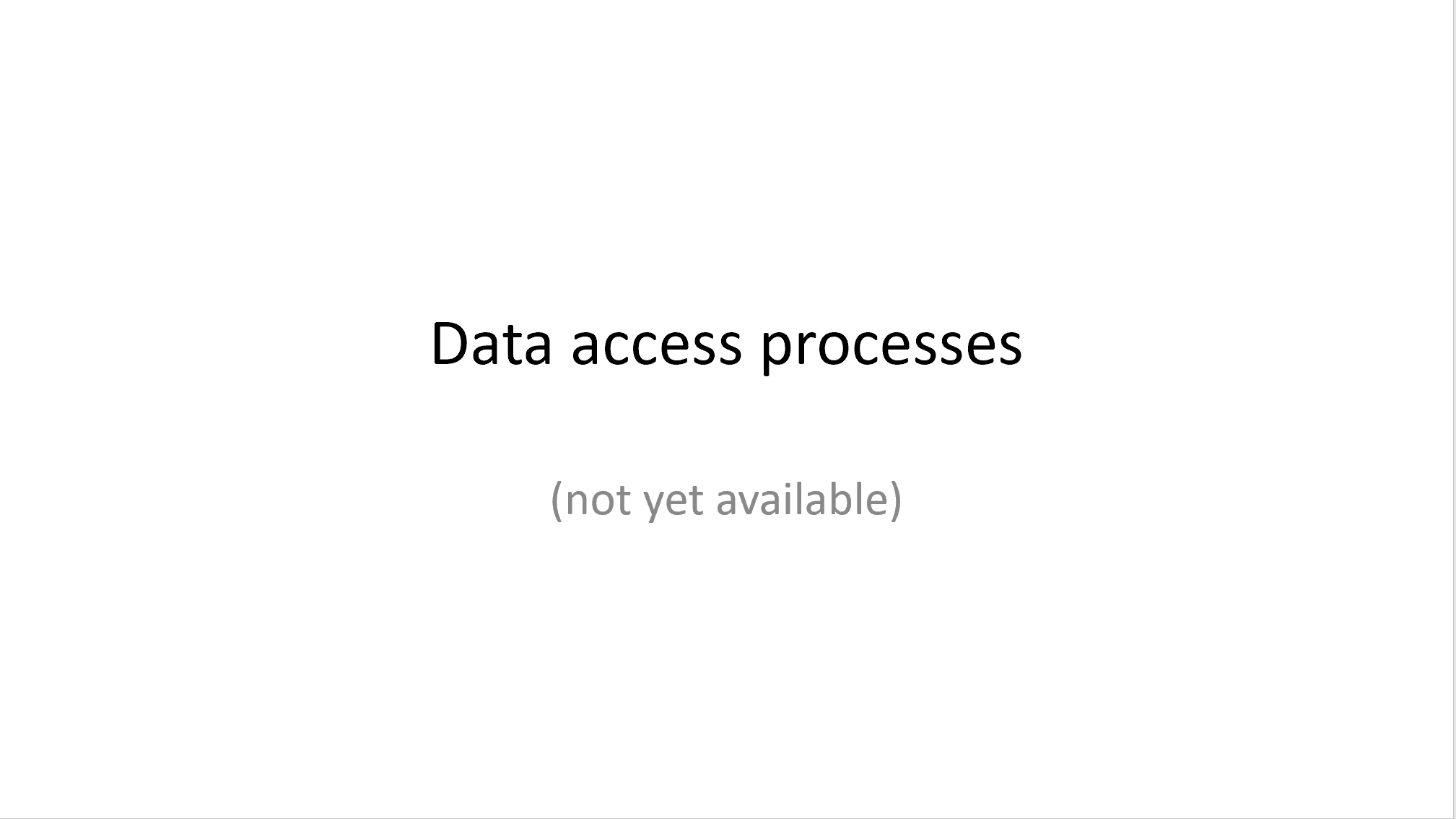
RESOURCES
Powerpoint slides not yet available
Health Data Access Toolkit (produced by the Medical Research Council to help reseaechers navigate the processes required to gain access to routinely collected NHS health data)
Trust and public views
DETAILS
Session will cover the current evidence about how the public and patients perceive health data.
STATUS
The video has not yet been recorded.
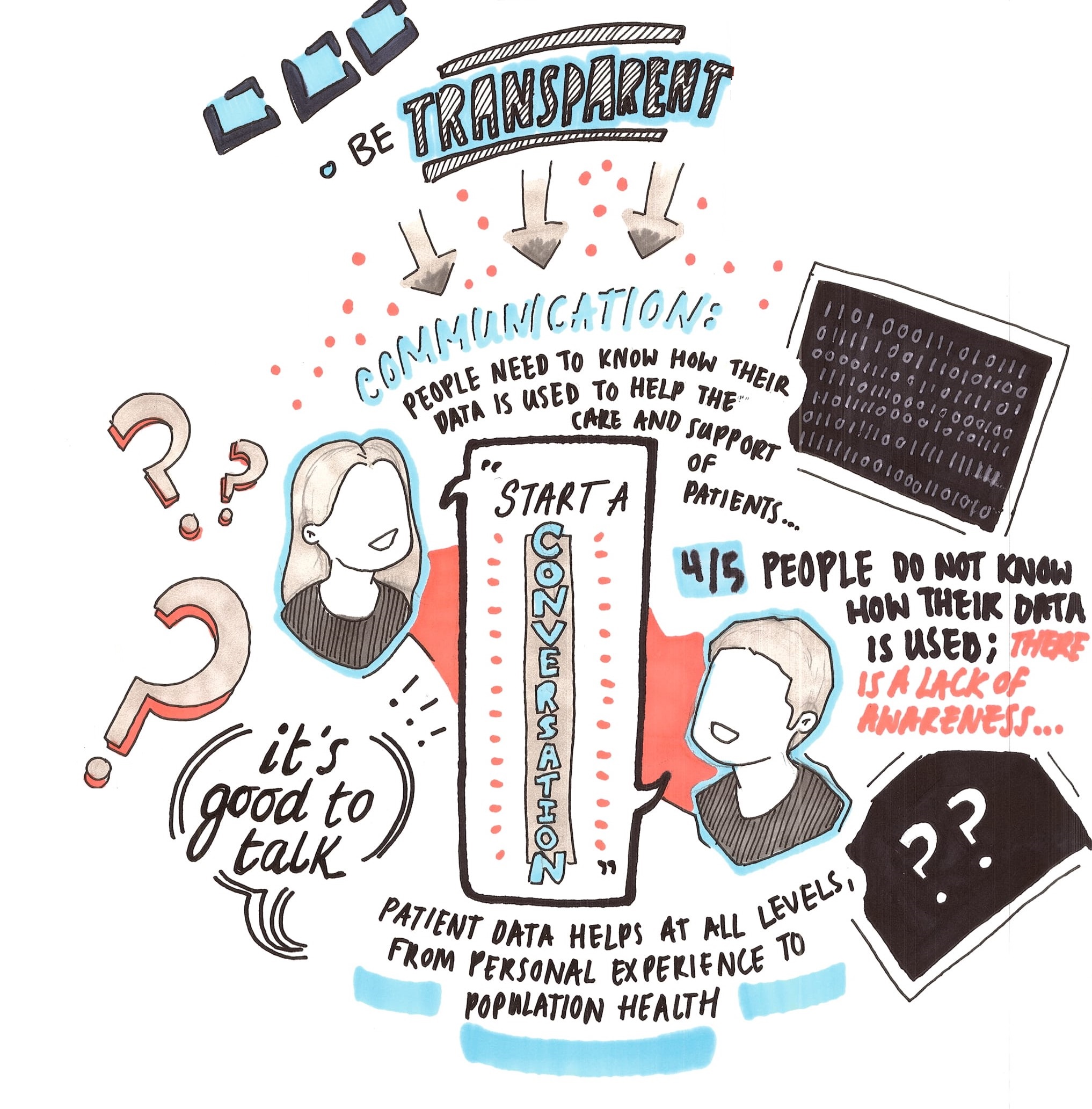
RESOURCES
Powerpoint slides not yet available
Health Data Access Toolkit (produced by the Medical Research Council to help researchers navigate the processes required to gain access to routinely collected NHS health data)
Cancer Registration
DETAILS
This session will escribe the purpose fo a cancer registry, the data that they hold, how they have developed over the years, and what services they provide.
STATUS
The video has not yet been recorded.
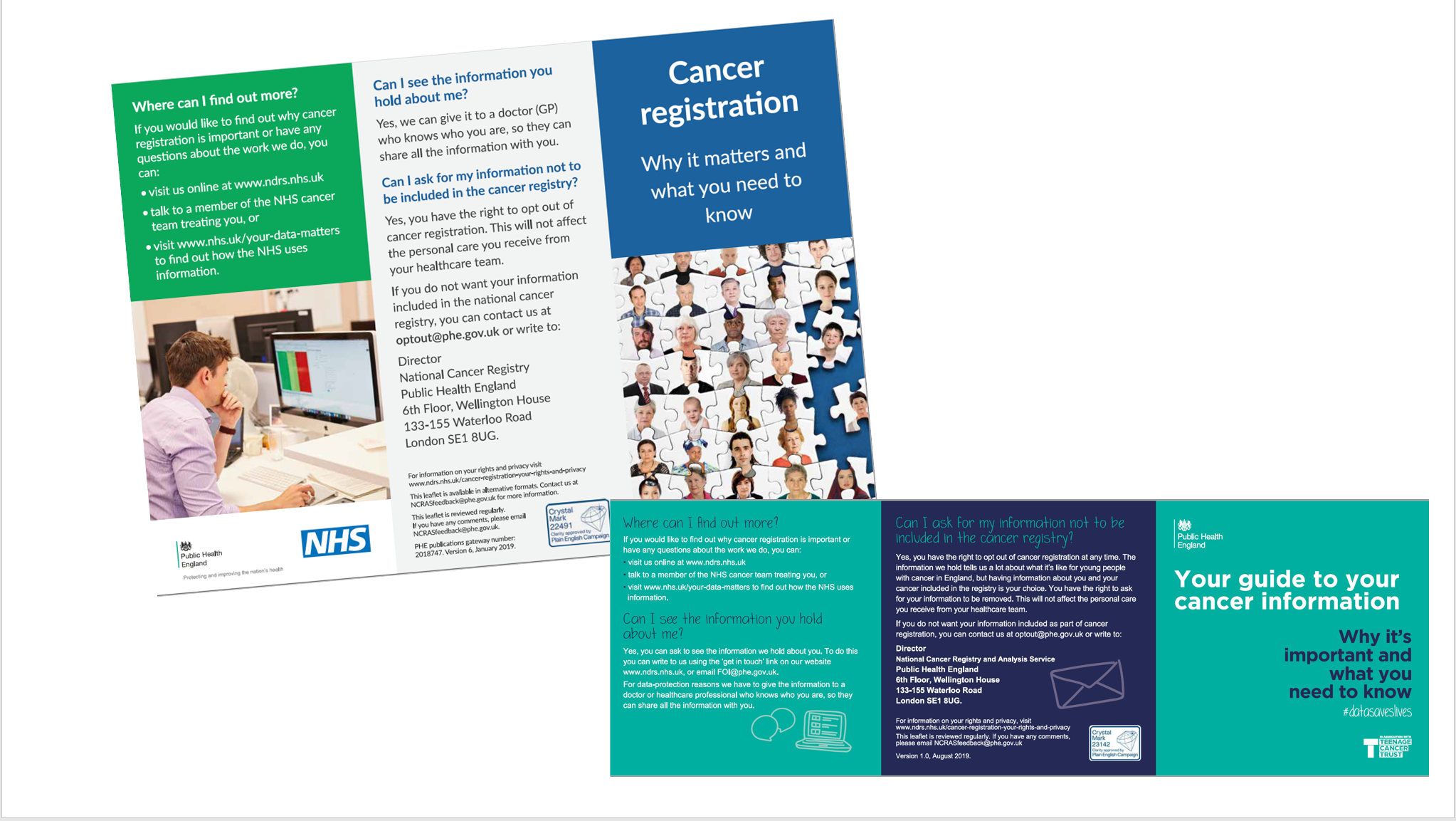
RESOURCES
Powerpoint slides not yet available
Health Data Research organisations
DETAILS
Useful reference links to different organisations involved in health data research
Legal bases for using patient data
DETAILS
Useful reference links
RESOURCES
Patient data in the media
DETAILS
Useful reference links
RESOURCES
Ethics of analysing social media data
DETAILS
Useful reference links
RESOURCES
Contact us
email: contact@usemydata.org.uk
"the only independent patient movement in the UK focused on patient data"
use MY data is registered as a not for profit company limited by guarantee in England and Wales (14425977)